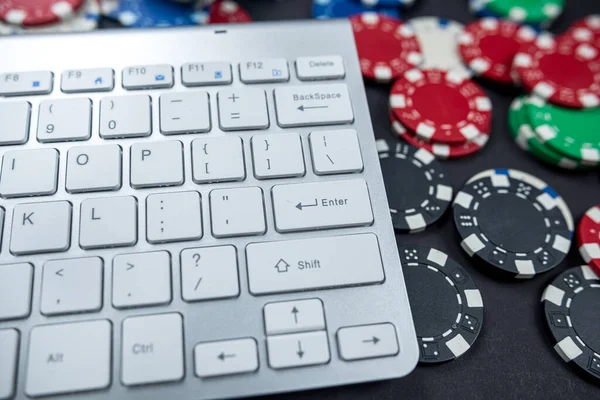Sports betting is more than statistics, odds, and predictions—it’s a deeply psychological activity. Whether you’re placing a $5 parlay on Sunday football or researching trends before betting on mlb games, your decisions are guided by cognitive biases, risk perception, and emotional control.
Understanding the psychology behind sports betting can make you a more disciplined and successful bettor. In this article, we explore how human behavior affects betting patterns, how the brain processes risk and reward, and what you can do to outsmart your own instincts.
1. The Illusion of Control
Many bettors believe they can control or influence the outcome of events. This illusion leads people to overestimate their knowledge or the accuracy of their predictions. For example, bettors may think choosing their own picks rather than following expert advice gives them an edge—when in reality, it might not.
This bias is especially strong in games that involve statistics, like baseball. When betting on MLB, bettors may overanalyze pitcher ERA or team batting averages, even when luck plays a huge role in short-term results.
2. Loss Aversion and Chasing Bets
The pain of losing a bet often outweighs the joy of winning. This is known as “loss aversion.” Bettors tend to chase their losses by placing more bets, often with higher stakes or lower odds, to make up for previous failures. This emotional response can spiral into a gambling problem if left unchecked.
To avoid this, stick to a consistent bankroll strategy and never bet money you can’t afford to lose. Keeping a record of your wagers and outcomes can help you track patterns and reduce impulsive behavior.
3. Overconfidence and the Hot Hand Fallacy
After a few successful bets, bettors often become overconfident. They start to believe they’re “on a roll” or have unlocked some secret formula. This leads to riskier bets and poor decision-making. This is called the hot hand fallacy—mistaking a streak of success for a guaranteed future outcome.
Success in sports betting is always uncertain. The best bettors approach each wager as an independent event, unaffected by previous wins or losses.
4. Anchoring and Odds Perception
Anchoring is a bias where people rely too heavily on the first piece of information they receive. In betting, this could mean overvaluing opening lines or trusting odds without comparing alternatives. For instance, if a sportsbook lists a team at +200 early in the week, you may anchor to that number, even if better odds become available later.
To beat anchoring bias, always compare multiple sportsbooks, monitor line movement, and analyze whether odds reflect the true probability of outcomes.
5. The Role of Dopamine and Habit Formation
Winning a bet releases dopamine—a chemical linked to pleasure and reward—in the brain. This reinforces the behavior, leading to repetitive betting. Over time, this can create a habit, where the thrill of gambling becomes more important than the potential profit.
Responsible bettors set limits, take breaks, and engage in betting as a form of entertainment rather than a primary income source. Understanding the science behind dopamine can help you recognize when your behavior may be turning into an addiction.
6. How to Outsmart Yourself: Tips for Mental Discipline
- Track your bets: Record each wager, including rationale and results. Patterns will emerge that help you understand your strengths and weaknesses.
- Avoid emotional betting: Don’t bet on your favorite team just because you want them to win. Stay objective.
- Use a staking plan: Flat betting or unit-based strategies help protect your bankroll and reduce volatility.
- Study behavioral finance: Books like *Thinking, Fast and Slow* by Daniel Kahneman offer deep insights into decision-making psychology.
Conclusion
Sports betting is not just a numbers game—it’s a mind game. Recognizing the psychological pitfalls that lead to poor decisions can help you become a smarter, more consistent bettor. From avoiding overconfidence to embracing emotional control, your success starts with how you think, not just what you know.
So next time you’re analyzing odds, consider what’s going on in your head as much as what’s happening on the field. Betting isn’t just about the sport—it’s about your strategy, your discipline, and your self-awareness.


